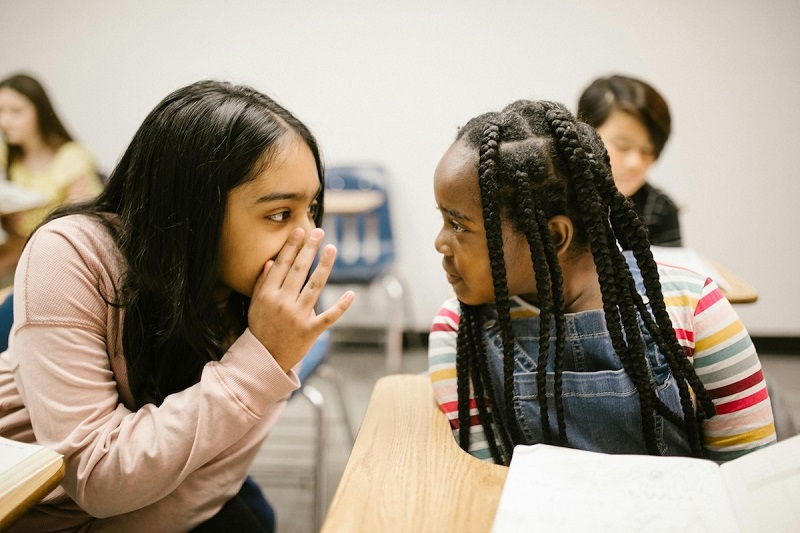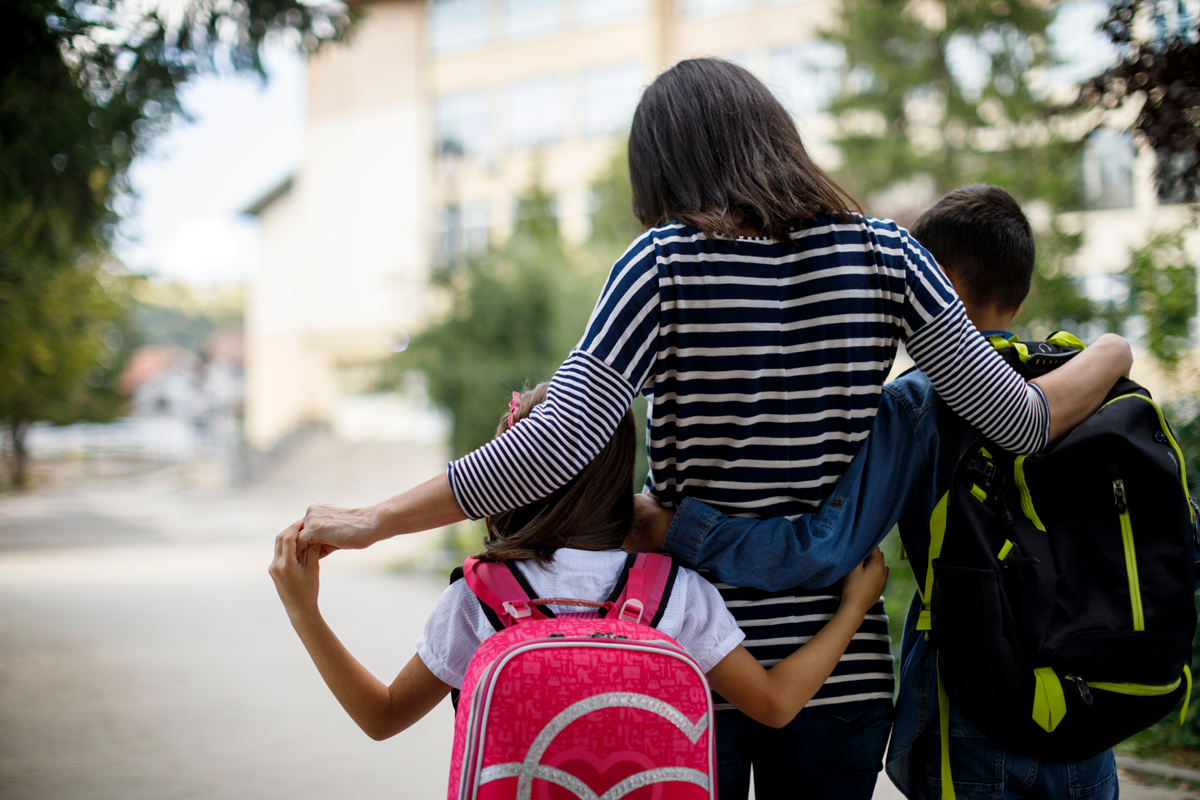I think my 7-year-old is being bullied at school. What’s my job here? How do I know when/how to get involved? I get so emotional thinking about it — is there any data to help me?
—Anonymous
This is a tough question, especially as our kids age. With preschool-age kids, it’s easy to see when we should get involved. Bullying at that age is more often physical — hitting, biting — and when another kid is repeatedly targeting your child, it’s clear you want to tell child care or school personnel so they can work on it.
As our kids age through elementary school and into middle school, bullying gets more subtle — emotional rather than physical — and less often amenable to adult intervention. At the same time, our instincts about the need to step in do not really change. I’d love to say this wasn’t true, but I cannot be the only parent who has harbored negative feelings about another child for the way they treated mine.

One of my favorite papers on this question is quite directly relevant to your question here. In this study, researchers looked not at what determines whether a child is bullied but at what prompts resilience to bullying. What characteristics predict kids still having good self-esteem even when bullied? The answer was: kids with a stable and happy home life seemed to be more resilient to bullying. This study isn’t randomized, so it’s hard to draw strong causal conclusions, but the results are intuitively sensible and consistent with other work.
What I take from this is that your first job is to be a refuge for your child. You cannot save them from all bullying or discomfort or friend drama — this is part of what it is to grow up (recommended viewing: Inside Out and Inside Out 2) — but you can help make them more resilient.
Are there situations in which you should step in more directly? For sure. Is it easy to identify them? No. Sometimes your child’s school or teacher can be helpful in giving you some perspective on how serious the issue is. Other times you’ll have to use your instinct. It’s one of the many times you’ll miss the simplicity of a 4-year-old’s conflict.
Community Guidelines















Log in
Elizabeth Laugeson is a clinical psychologist at UCLA who works on social skills trainings (mostly for children on the autism spectrum). Her research suggests that everyone gets teased, and that kids who are teased the least are the ones who can respond effectively. For verbal bullying (physical is a different matter), she therefore recommends coaching children to respond effectively to bullying in a way that makes it minimally reinforcing for the perpetrator. I couldn’t find a brief writeup, but here is a video describing the approach online: https://www.youtube.com/watch?v=UfznHlLcI7w&list=UUKxouDa9669Kej7vcbyoRnA&t . The curriculum has developed a lot of research support as a broad intervention — not sure about for bullying specifically.
In the newsletter version of this post, there were two other Q&As that I’d like to comment on:
1) I’m sort of surprised by the continued reference to Virginia Sole-Smith’s work. Based on my read of some of her articles and articles about her (thought admittedly I have not read her book), some of her assertions do not in fact seem evidence-based. In future posts on this topic, I’d love to see direct links to more of the studies cited.
2) Re “good” schools: As a parent of three and former teacher/ed policy researcher, I’d like to offer two additional pieces of advice. One, I would think about what you’re looking for in your child’s school experience. I think we often get caught up in the kid academic/activity rat race without stepping back and thinking about what our goals are. Once you have a clear sense of your goals, you can think about what kind of school you want. Two, the only way to truly get good info about the schools in your area is to talk to people whose kids currently go there. As Emily points out, ratings only tell you part of the story. And the school quality rumor mill can’t necessarily be trusted. You have to go straight to the source. As an aside, some of the best teaching I ever seen has been in under-resourced schools with low numerical ratings, and I’ve seen some truly mediocre teaching in schools with high ratings.